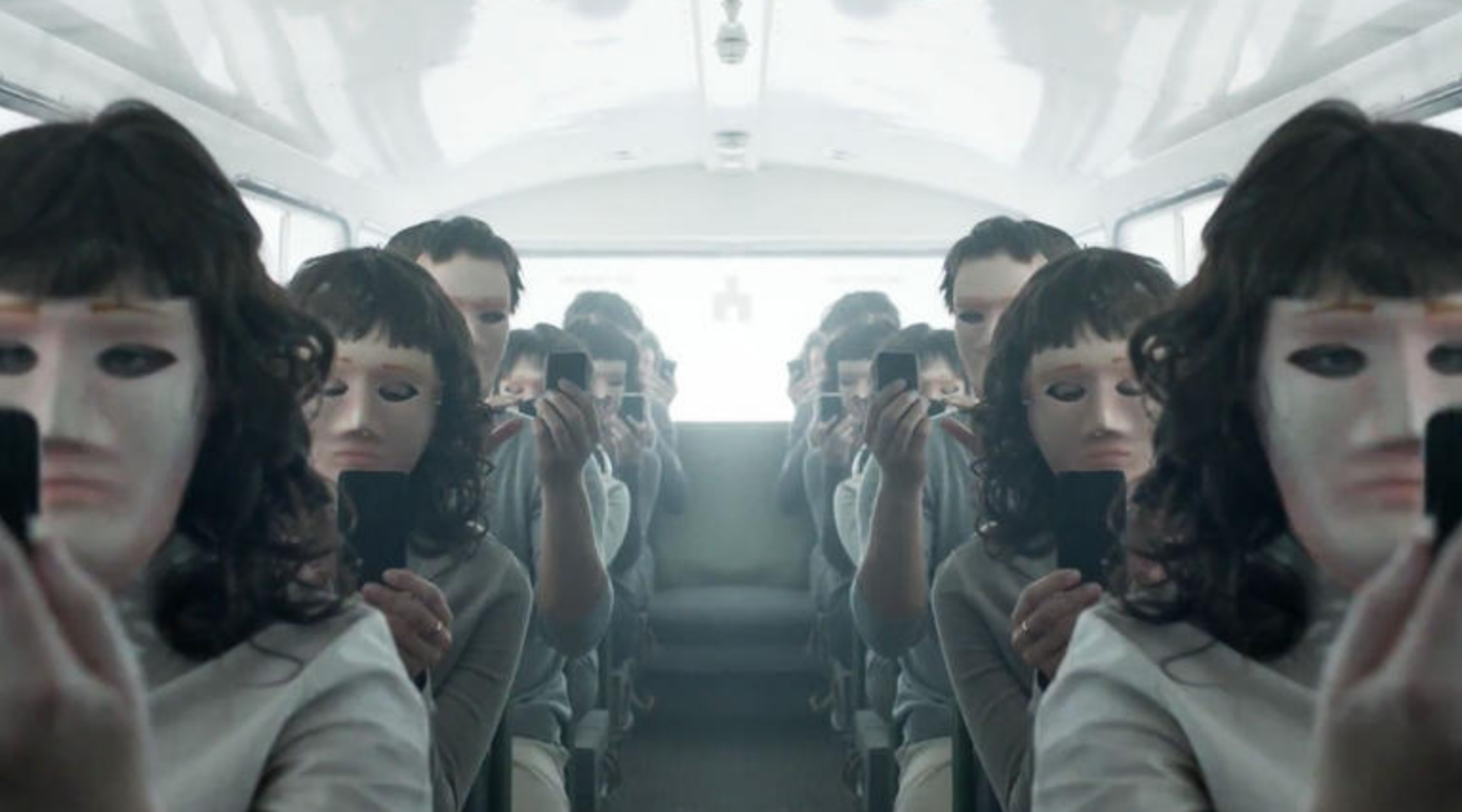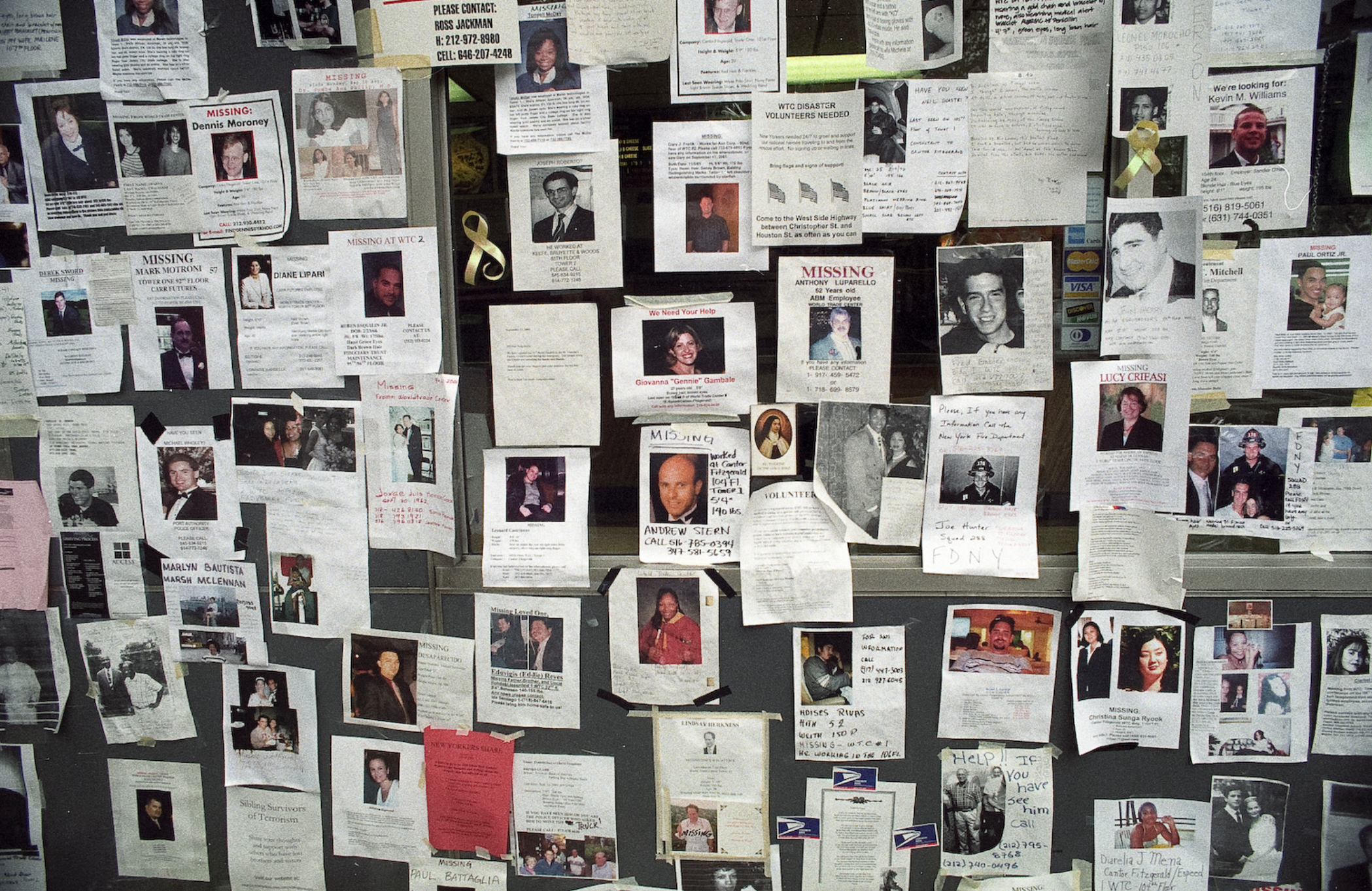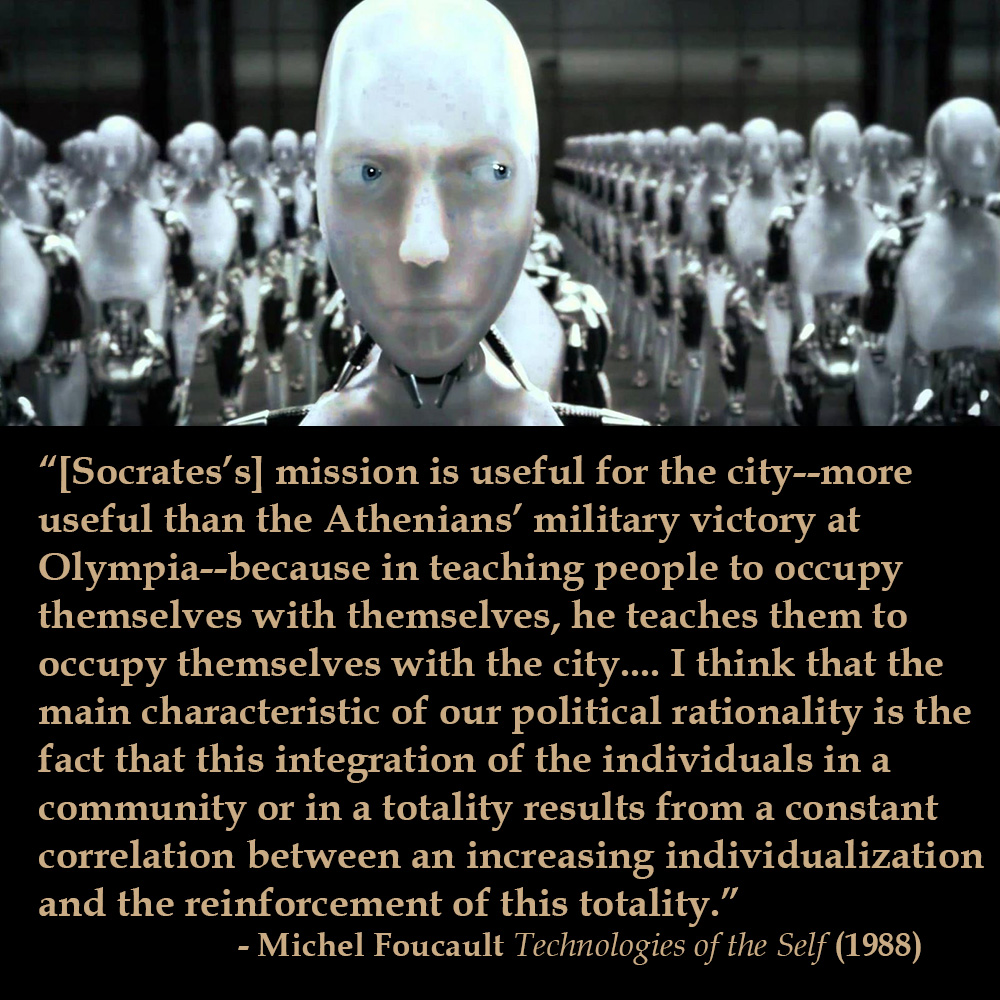
In a recent interview, the creator and primary writer of the British anthology series, Black Mirror, Charlie Brooker, offered the following commentary on selves and social media.
Social media has made it…, and the internet and technology in general, has sharpened all of those things — I guess they’ve always been there, that performative nature of life, has always been there, that you sort of perform your personality, I guess, to everyone, on some level. I remember…, my theory is that we’ve got…, that we used to have several personalities and now we’re encouraged to have one, online. By which I mean…, I remember once having a birthday party and people from different aspects of my life showed up…, and I behaved differently with all of these people, in the real world, but once they were all together in one space, and they were all mingled in, in one group, if I walked over to them I suddenly didn’t know how to speak. Do you know what I mean? Because like, with some of them I’d try to be all intellectual and erudite and with others I’d just swear and curse and be an idiot. And suddenly when they’re all in one space I don’t know who I am. And I kind’a feel like one sort of thing is that online you’re encouraged to perform one personality for everyone. And I wonder if that’s one of the things that’s feeding into the kind of polarization that seems to be going on…. I think that lends itself to group-think, in some way… I wonder if we’re better equipped to deal with having slightly different personas…, that come out when you interact with different types of people.
For the full interview, see 28:46 onward from this episode of Fresh Air.
Watch the trailer for the newly released third season:


 For a long time I’ve been debating whether to write a post in which I complain about colleagues who complain that their students write outrageous things in their class assignments.
For a long time I’ve been debating whether to write a post in which I complain about colleagues who complain that their students write outrageous things in their class assignments.
 The ease with which identity is presumed to be an inner trait projected outward is pretty easy to document, which makes critiquing it something less than a challenge. For example, I thought about writing a post on the new film “Inside Out” and the popular folk understanding of identity as being an internal quality only subsequently expressed outwardly, such that the social interaction is the effect of a prior and private sentiments.
The ease with which identity is presumed to be an inner trait projected outward is pretty easy to document, which makes critiquing it something less than a challenge. For example, I thought about writing a post on the new film “Inside Out” and the popular folk understanding of identity as being an internal quality only subsequently expressed outwardly, such that the social interaction is the effect of a prior and private sentiments.

 A story the other day on National Public Radio’s morning show was on the US Republican party’s ongoing efforts to recruit more voters from the Latina/o community.
A story the other day on National Public Radio’s morning show was on the US Republican party’s ongoing efforts to recruit more voters from the Latina/o community. In the final scene of Barry Levinson’s 1990 film, “
In the final scene of Barry Levinson’s 1990 film, “ I heard a replay yesterday of a very interesting episode of Radiolab, all on brain/body issues.
I heard a replay yesterday of a very interesting episode of Radiolab, all on brain/body issues.